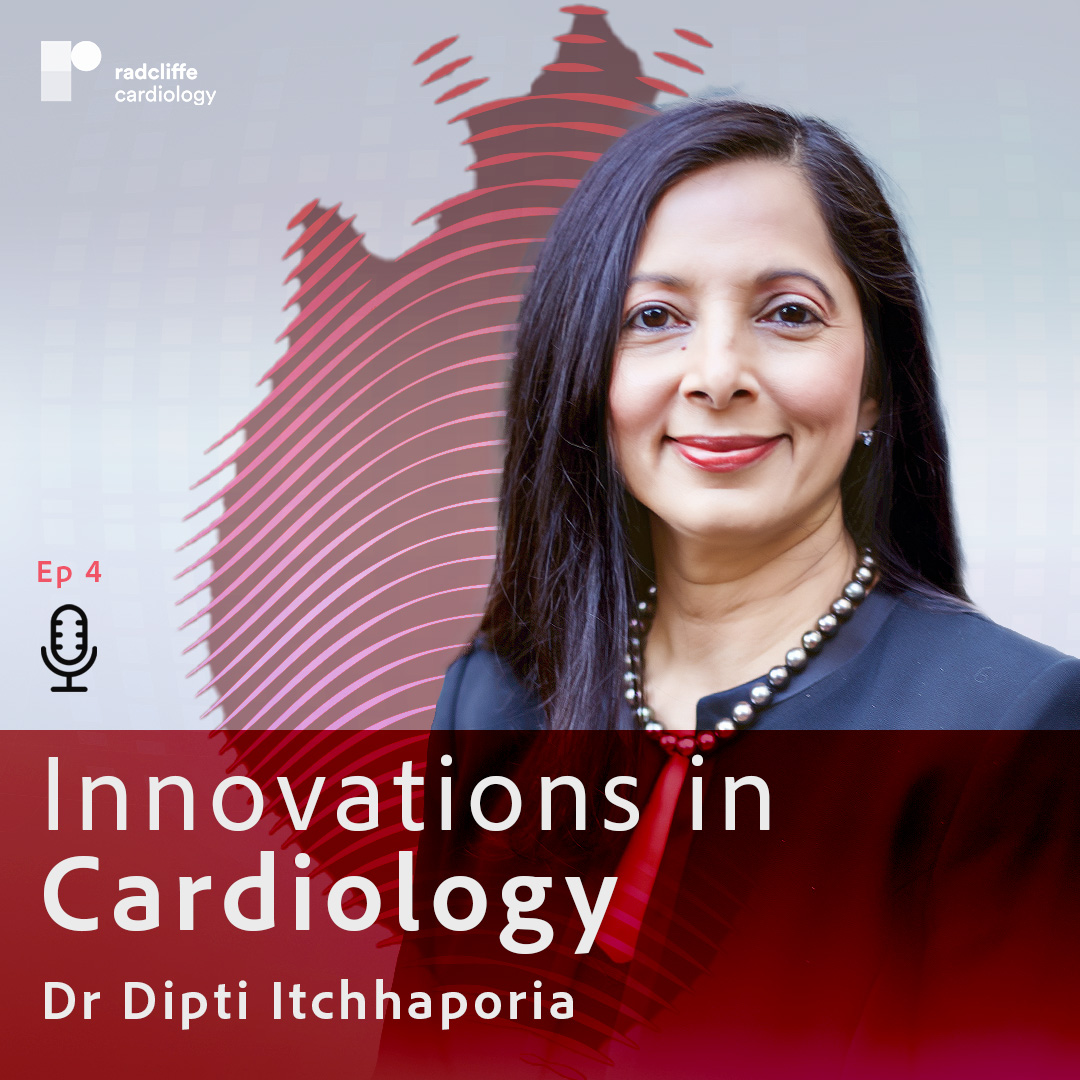
In this episode of the Innovations in Cardiology series, host Dr Dipti Itchhaporia (Hoag Heart and Vascular Institute, Newport Beach, CA, US) is joined by Dr Alexander Van Rosendael (Leiden University Medical Center, Leiden, NL) to discuss the findings from the CONFIRM2 trial. Conducted from up to 50 international clinical CCTA sites with 35,000 patients, CONFIRM2 aims to improve comprehensive quantification of coronary computed tomography angiography findings using an artificial intelligence algorithm that will enable an accurate quantification of coronary artery disease, including total coronary plaque volume and low attenuation plaque volume.
Findings showed that AI-guided quantative computational tomography quantification of coronary CTA lumen diameter stenosis and the noncalcified plaque volume were most predictive of MACE and added discriminative accuracy to the Diamond and Forrester predictive model. These atherosclerotic profiles as assessed by AI-QCT could guide the tailoring of anti atherosclerotic therapies or coronary interventional procedures to reduce the instance of cardiac events.
If you have any questions or suggestions for topics to cover on the Radcliffe Podcast, please email managingeditor@ecrjournal.com.
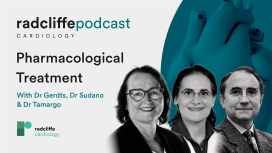
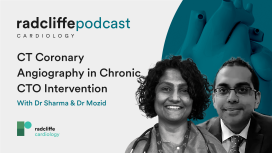
In this month's episode of ECR Podcast, Dr Vinoda Sharma, (Sandwell and West Birmingham Hospitals NHS Trust, Birmingham, UK) and Dr Abdul Mozid, (Leeds Teaching Hospitals NHS Trust, Leeds, UK) discuss the ways in which CT coronary angiography can be utilised in chronic total occlusion percutaneous coronary interventions, and how the procedures differ across their UK-based practices.

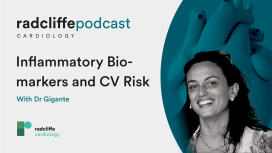
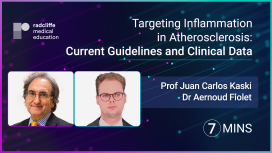
Supported by an unrestricted educational grant from NOVO NORDISK A/S.
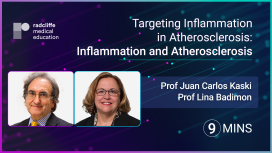
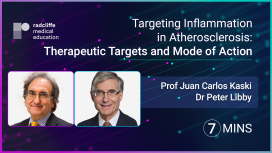
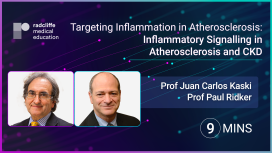
Supported by an unrestricted educational grant from NOVO NORDISK A/S.
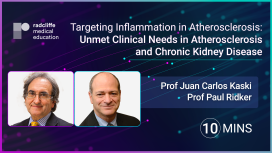
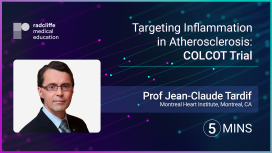
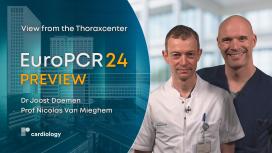
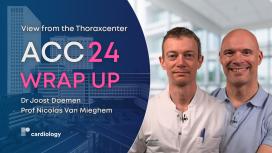
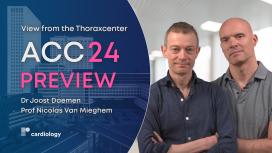
Join interventional experts, Prof Nicolas Van Mieghem and Dr Joost Daemen (Thoraxcenter, Erasmus MC, Rotterdam, NL) to learn more about this year’s key late-breaking and featured science trials that have the potential to shape practice and research.
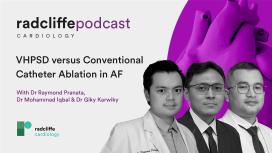
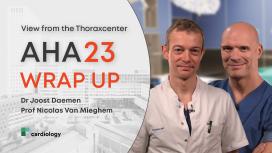
They interpret the evidence from five key trials, providing context, asking thought-provoking questions to translate the data into key take-home messages for practice and research.





